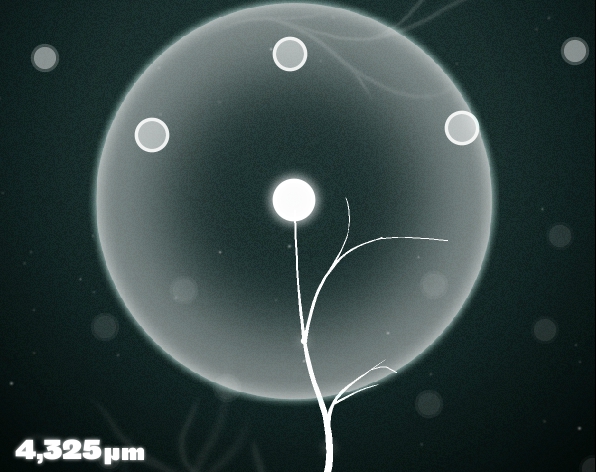We're helping to put together an amazing panel of people to talk about games at this year's Develop Conference. Here is a summary of the information:
The Develop Conference is the UK’s main event for games development. This year, the Wellcome Trust is hosting a panel discussion that brings together fascinating voices from in and around industry. There’s also the chance for games developers to find out more about how to get funding for projects around a biomedical theme.The event looks at the impact of games beyond the console and runs on Wednesday 20th July (11am-12pm). On the panel we have the outgoing Channel 4 Commissioning Editor for Education and founder of Makielab, Alice Taylor, along with Demis Hassabis, a Sir Henry Wellcome Postdoctoral Fellow who, before becoming a neuroscientist, made a splash in the games industry with games like the BAFTA-nominated Republic: The Revolution. Joining them are Phil Stuart of the multi-award winning Preloaded, and Jez Harris, an industry veteran whose works include Buzz! and the Harry Potter games. The panel is chaired by myself, Tomas Rawlings, games consultant for the Wellcome Trust.
After the discussion, a number of Wellcome Trust staff will be around to chat with developers about how they may be able to access Trust funding to create games. We have a number of schemes for funding games with a biomedical theme (please note the Trust’s engagement around biomedical sciences is predominately aimed at UK audiences).
Our Broadcast Development Awards offer up to £10,000 to a developer with an unsigned project idea, allowing them to develop it up to a state at which a publisher may fund the full title.
We also offer funds to create complete games too: the People Awards scheme offers up to £30,000 to small development studios to explore an aspect of biomedicine in an interactive or game form – particularly if the studio partners with a scientist or science institution.
Another option is the Society Awards, which offer grants of more than £30,000 for developers, again especially if partnered with a scientist or science institution. This is intended for those who wish to explore and engage society at large with an issue in biomedical science.
Funded projects for any of these schemes can take the form of virtual engagement such as via social games, websites, mobiles technology, casual games, ARGs (Augmented Reality Games) and the like, or be based around a physical location.
So for any developers at the conference, do come along to the session on Wednesday 20th July to find out more and talk to us. We may be able to work together to create great games that can inform, educate and engage.










